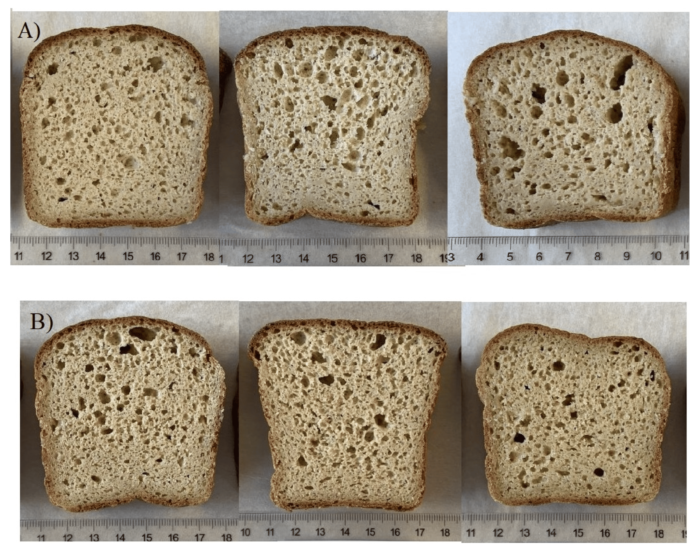Baking is an art that requires a perfect balance of creativity and precision. The quest for baking excellence involves understanding the science behind the ingredients, techniques, and processes that result in mouthwatering creations. To achieve consistent and top-notch results, bakers rely on baking quality tests, and in recent times, the Baking Quality Analyser (BQA) has emerged as a revolutionary tool in this pursuit. In this comprehensive guide, we will explore the significance of baking quality tests, and how the Baking Quality Analyser enhances baking excellence.
The Importance of Baking Quality Tests:
Baking quality tests are instrumental in assessing the performance and consistency of baked goods. Whether in home kitchens, bakeries, or food production facilities, these tests serve several essential purposes:
1. Quality Assurance: Baking quality tests help ensure that baked goods meet desired standards of taste, texture, and appearance. For bakeries and commercial establishments, maintaining consistent quality is crucial for customer satisfaction and reputation.
2. Process Improvement: By evaluating the results of baking quality tests, bakers can identify areas for improvement in their recipes, techniques, or equipment. This iterative process leads to refinement and ultimately enhances the quality of baked goods.
3. Product Development: In the realm of product development, baking quality tests play a vital role in creating new recipes or refining existing ones. It helps manufacturers fine-tune their products for mass production while maintaining exceptional quality.
4. Scientific Understanding: Baking is a delicate interplay of various chemical reactions and physical changes. Quality tests provide valuable data, enabling bakers to understand the underlying science and make informed decisions.
Introducing the Baking Quality Analyser (BQA):
The Baking Quality Analyser is a state-of-the-art device designed to objectively evaluate the quality and characteristics of baked goods. It utilizes advanced technology to measure critical parameters that influence the overall quality of baked products. The BQA has become an invaluable tool for bakers, food scientists, and researchers seeking to enhance baking excellence. Let’s explore the features and benefits of the Baking Quality Analyser:
1. Objective and Consistent Data: Unlike traditional subjective evaluation methods, the BQA provides objective and consistent data. It eliminates human bias and provides precise measurements, ensuring reliable and accurate results.
2. Parameters Measured by BQA:
- Volume and Density: The BQA determines the volume and density of baked goods, which significantly impact their texture and mouthfeel.
- Moisture Content: Moisture content influences the freshness and shelf life of baked products. The BQA measures moisture levels accurately.
- Crumb Structure and Texture: The BQA analyzes the crumb structure, helping bakers understand the effects of ingredients and processing on the texture of the final product.
3. Process Optimization: The BQA data enables bakers to optimize their baking process for consistent and superior results. By fine-tuning ingredients, mixing techniques, and baking times, bakers can achieve desired outcomes with precision.For more on baking tests, check out C-Cell.

